Travis Research Institute
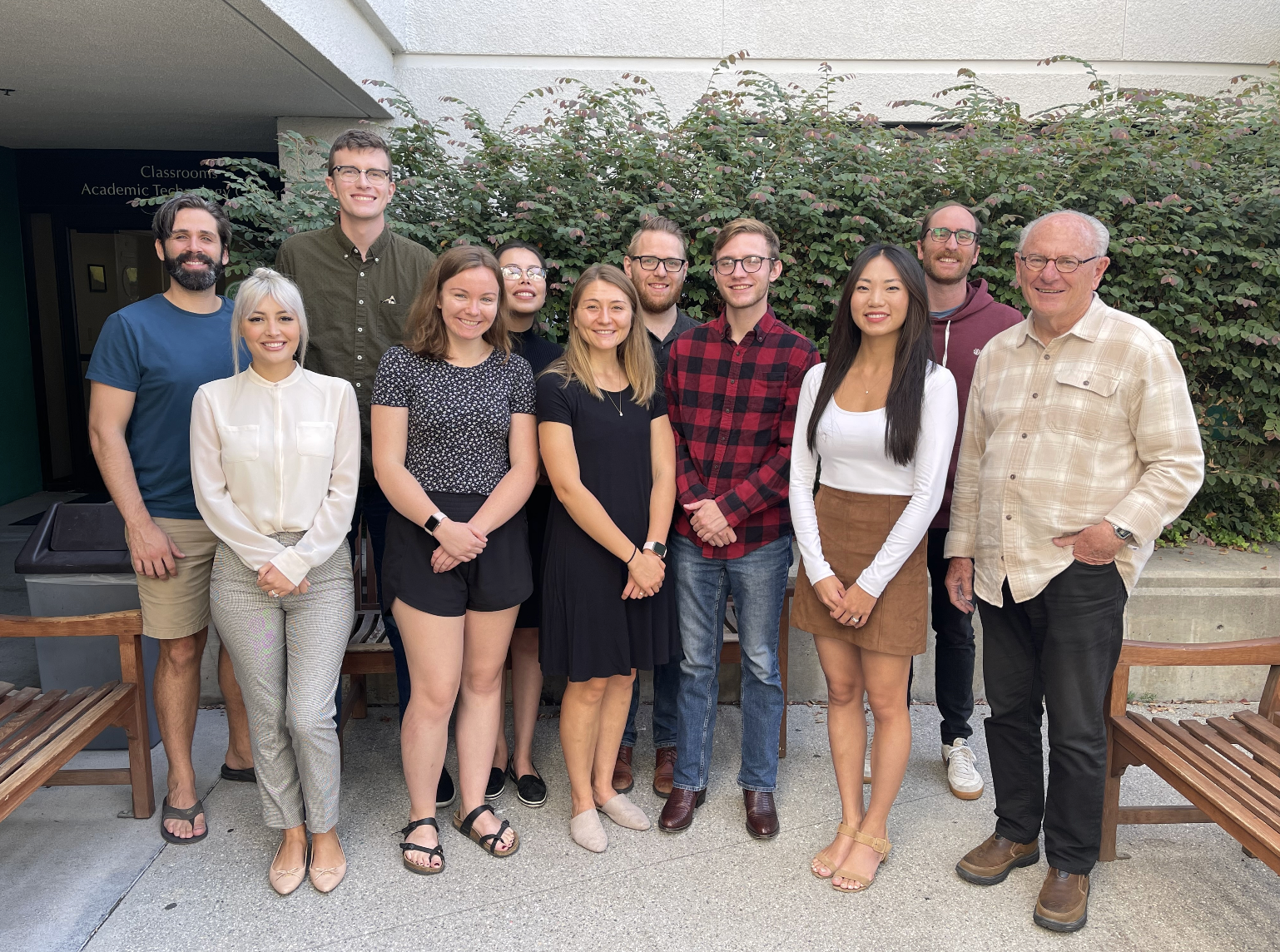

Human Brain & Cognition Lab
Office
Psychology Building 325
Fuller Theological Seminary
180 N. Oakland Ave.
Pasadena, CA 91101-1714
wsbrown@fuller.edu
Phone
626.584.5525
External Collaborative Organizations
California Institute of Technology
International Research Consortium on the Corpus Callosum and Cerebral Connectivity (IRC5)
Pediatric Epilepsy Surgery Alliance
National Organization of Disorders of the Corpus Callosum
Mission
The Human Brain and Cognition Laboratory (HBCL) studies the cognitive and psychosocial impact of congenital and acquired disruption of connectivity and cerebral interactivity in disorders such as agenesis of the corpus callosum and hemispherectomy. The cognitive and social abilities that are studied in persons with these disorders include: general intelligence, basic academic skill, memory, language, executive functioning, visual-spatial processing, problem-solving, mental processing speed, personality, emotion, social inference, social problem-solving, creativity, and adaptive skills. Through comprehensive assessment of mental and social skills, our research is providing patients, families, and physicians with critical information about the consequences of hemispheric disconnection and hemispherectomy, which can inform efforts toward remediation and intervention.
PROJECT
AGENESIS OF THE CORPUS CALLOSUM
COGNITIVE AND PSYCHOSOCIAL DEFICITS
What is agenesis of the corpus callosum (ACC):
ACC involves congenital absence of all or part of the corpus callosum – the large connective pathway between the right and left hemispheres of the brain.
Neuropsychological Research on ACC:
Because the disorder can only be firmly diagnosed by neuroimaging, it has a short research history. Over the past 20+ years research by the members of the Human Brain and Cognition Lab have played a major role in understanding the consequences of this disorder for cognitive and social functioning.
How does ACC affect a person?
As a result of this large ongoing research project we have found that the basic syndrome involves (1) Reduced interhemispheric transfer of sensory-motor information; (2) Reduced cognitive processing speed; (3) Deficits in complex reasoning and novel problem-solving. We have also found that these core deficits are expressed as mild to moderate deficiencies across many domains of cognitive, behavioral, and social functioning.
Participation:
Interested in participating in research on Agenesis of the Corpus Callosum? Send an email to neuropsych5@fuller.edu and let us know you would like to participate!

Upcoming Presentations at the
International Neuropsychological Society Annual Meeting 2024 (New York, NY)
Allison M. Nobles, Warren S. Brown, and Lynn K. Paul. “Verbal Memory in Children with Agenesis of the Corpus Callosum”
Kameron J. Rigg, Matthew D. Wallace, Lynn K. Paul and Warren S. Brown. “Processing Speed in Musical Judgments in Agenesis of the Corpus Callosum”
Nathan M. LeFebre, Jason M. Kaplan, Sarah M. Kendrick, Warren S. Brown and Lynn K. Paul. “MMPI-2-RF Patterns in Agenesis of the Corpus Callosum”
Edita Shahnazarian, Nathan M. LeFebre, Kutter D. Callaway, Lynn K. Paul, & Warren S. Brown. “Moral Foundations Theory in Individuals with Agenesis of the Corpus Callosum”
Nathan M. LeFebre, Kutter D. Callaway, Lynn K. Paul, &; Warren S. Brown. “Impacts of Agenesis of the Corpus Callosum on Visual Aesthetic Judgements”
Matthew D. Wallace, Lynn K. Paul, Kutter D. Callaway, Kameron J. Rigg and Warren S. Brown. “Emotional Perception Abilities of Music for Individuals with Agenesis of the Corpus Callosum”
Mitchell R. Spezzaferri, Warren S. Brown and Lynn K. Paul, “Emotion recognition and perception in simple and complex social contexts in persons with hemispherectomy”
PUBLICATIONS (WITH LINKS):
Renteria-Vazquez, T., Brown, W.S., Kang, C., Graves, M., Castelli, F. and Paul, L.K. (2021) “Social Inferences in Agenesis of the Corpus Callosum and Autism: Semantic Analysis and Topic Modeling”. Journal of Autism and Developmental Disorders. https://doi.org/10.1007/s10803-021-04957-2
Impoverished capacity for social inference is one of several symptoms that are common to both agenesis of the corpus callosum (AgCC) and Autism Spectrum Disorder (ASD). This research compared the ability of 14 adults with AgCC, 13 high-functioning adults with ASD and 14 neurotypical controls to attribute social meaning to the interactions of animated triangles. Descriptions of the animations were analyzed in three ways: subjective ratings, topic modeling (Latent Dirichlet Allocation), and Linguistic Inquiry and Word Count. Although subjective ratings indicated that all groups made similar inferences from the animations, the index of perplexity (atypicality of topic) generated from topic modeling revealed that inferences from individuals with AgCC or ASD displayed significantly less social imagination than those of controls.
Su, J., Paul , L.K., Graves, M., Turner, J.M., and Brown, W.S. (2023) “Verbal Problem Solving in Agenesis of the Corpus Callosum: Analysis Using Semantic Similarity”, Neuropsychology, https://doi.org/10.1037/neu0000894
This study investigated verbal problem-solving, deductive reasoning, and semantic inference in AgCC. Capacity for semantic inference was tested in 25 individuals with AgCC and normal-range intelligence and compared to 29 neurotypical controls. The Word Context Test (WCT) of Delis-Kaplan Executive Function System was used, employing a novel method of analysis (semantic similarity) to detect trial-by-trial progress toward a solution. Persons with AgCC had fewer total consecutive correct responses. In addition, semantic similarity to the correct word was significantly lower overall in persons with AgCC than in controls. These findings indicated that individuals with AgCC who have intelligence in the normal range are less able to make semantic inferences on the WCT, although they often solve the problem eventually. This outcome suggests that callosal absence in AgCC results in a restricted imagination for possibilities, limiting their semantic problem-solving and inferential capacities.
Paul, L. K., Pazienza, S., and Brown, W. S. (2021) “Alexithymia and somatization in agenesis of the corpus callosum.” Social Cognitive and Affective Neuroscience. doi: 10.1093/scan/nsab056
This study compared self-reported alexithymia and somatic symptoms from 19 adults with ACC and FSIQ > 80 with 16 age and IQ-matched neurotypical controls. The ACC group had higher scores on the Toronto Alexithymia Scale (p < .01), specifically reporting greater difficulty identifying and describing feelings (p < .003 and .05, respectively). In addition, persons with ACC endorsed more physical symptoms on somatization scale of the Symptom Checklist-90-R (p < .01), and were more likely than controls to attribute physical symptoms to psychological factors (p < 05), indicating the presence of alexithymia with somatization. Nevertheless, persons with ACC reported similar levels of emotional experience as controls. Thus, reduced interhemispheric connectivity in ACC appears to contribute to difficulty identifying emotions and the tendency to somaticize, but it does not limit emotional experience.
Mangum, R.W, Miller, J.S., Brown, W.S., Nolte, A., & Paul, L.K. (2021) “Daily Executive Function in Agenesis of the Corpus Callosum.” Journal of the International Neuropsychology Society. doi:10.1017/S1355617721000096
This study investigated daily executive functioning and self-awareness in 36 individuals with ACC by analyzing self- and observer-ratings on the Behavior Rating Inventory of Executive Functioning-Adult Version (BRIEF-A). Significant deficiencies were found in both the Behavioral Regulation and Metacognitive indices for both the self and observer results. Generally, scores were higher (greater deficiency) in observer ratings, with metacognitive functioning rated significantly more deficient by observers than by the persons with ACC. These findings provide evidence for mild executive functioning problems in the everyday behavior of individuals with ACC. Results also suggest a lack of self-understanding or insight into the severity of these problems in the individuals with ACC, particularly with respect to their metacognitive functioning.
Renteria-Vazquez, T., Brown, W.S., Kang, C., Graves, M., Castelli, F. and Paul, L.K. (2021) “Social Inferences in Agenesis of the Corpus Callosum and Autism: Semantic Analysis and Topic Modeling”. Journal of Autism and Developmental Disorders. doi.org/10.1007/s10803-021-04957-2
Impoverished capacity for social inference is one of several symptoms that are common to both agenesis of the corpus callosum (AgCC) and Autism Spectrum Disorder (ASD). This research compared the ability of 14 adults with AgCC, 13 high-functioning adults with ASD and 14 neurotypical controls to attribute social meaning to the interactions of animated triangles. Descriptions of the animations were analyzed in three ways: subjective ratings, topic modeling (Latent Dirichlet Allocation), and Linguistic Inquiry and Word Count. Although subjective ratings indicated that all groups made similar inferences from the animations, the index of perplexity (atypicality of topic) generated from topic modeling revealed that inferences from individuals with AgCC or ASD displayed significantly less social imagination and elaborative content than those of controls.
Brown, W.S., Panos, A. and Paul, L.K. (2020) “Impulsivity, Vigilance and Attention in Agenesis of the Corpus Callosum” Neuropsychology. doi.org/10.1037/neu0000685
This study assessed inattention, impulsivity, and vigilance in individuals with AgCC. These domains of attention were assessed using the Connor’s Continuous Performance Test, Second Edition (CPT II) in 18 older adolescents and adults (ages 16-52) with complete AgCC and normal intelligence (FSIQ > 80). Scores were significantly elevated in older adolescents with AgCC for errors of commission and detectability. Older adolescents were worse than adults for commissions and detectability. Also, males had significantly higher (worse) scores than females in Vigilance. These results suggest moderate levels of difficulties in sustained attention in AgCC, particularly in maintaining response inhibition and in vigilance, that are modulated by age and sex.
Paradiso, S., Brown, W.S., Porcerelli, J.H., Tranel, D., Adolphs, R., & Paul, L.K. (2020) “Integration Between Cerebral Hemispheres Contributes to Defense Mechanisms.” Frontiers Psychology. doi:10.3389/fpsyg.2020.01534
This study tests the role of information integration in the development of defense mechanisms by quantifying such mechanisms in people with AgCC. Individuals with AgCC (N=30) and healthy volunteers (N=30, sex, age and FSIQ matched) were compared on defense mechanisms across increasing levels of developmental maturity (Denial, least mature; Projection, intermediate; Identification, most mature). The primary dependent measure was derived from narratives generated by participants in response to Thematic Apperception Test cards (TAT). Compared to controls, participants with AgCC showed significantly greater Denial (p=0.026) and less Identification (p<0.0001), effects not attributable to either full-scale or verbal IQ. This finding supports the hypothesis that functional integration across the hemispheres is important for the development of defenses.
Brown, W.S., Burnett, K., Vaillancourt, A., & Paul, L.K. (2020) “Appreciation of Social Norms in Agenesis of the Corpus Callosum.” Archives of Clinical Neuropsychology. doi:10.1093/arclin/acab003
We attempted to determine whether adults with AgCC are able to correctly identify appropriate behaviors within social contexts using online administration of the Social Norms Questionnaire. The Social Norms Questionnaire measures knowledge of norms and judgments of what is appropriate to do in particular contexts. Individuals with AgCC scored significantly lower in understanding social norms than controls, tending to over-adhere to social norms significantly more than controls. There was no significant difference regarding breaking of social norms. Results suggest that adults with AgCC have deficient knowledge of, and judgment regarding, the nuances of appropriate behaviors in social contexts. They may know social norms concretely, yet lack the ability to integrate context in specific scenarios to make appropriate judgments.
Brown, W. S. & Paul, L. K. (2019). The neuropsychological syndrome of agenesis of the corpus callosum. Journal of the International Neuropsychological Society. 1-7. doi: https://doi.org/10.1017/S135561771800111X
This paper describes the core deficits in persons with ACC. The cores syndrome includes: (1) Reduced interhemispheric transfer of sensory-motor information; (2) Reduced cognitive processing speed; and (3) Deficits in complex reasoning and novel problem-solving. As a consequence of these core deficiencies, individuals with ACC have difficulty across various domains of cognitive, behavior, and social functioning.
PROJECT
CHILDHOOD HEMISPHERECTOMY
ADULT COGNITIVE AND PSYCHOSOCIAL DEFICITS FROM
What is hemispherectomy?
Hemispherectomy involves surgical removal of an entire cerebral hemisphere of the brain. This procedure is typically done in children as a last-resort treatment for intractable seizures. “Hemispherectomy” is a term representing a broad category of surgical procedures by disconnecting the cerebral hemispheres.
What are the long-term outcomes of Hemispherectomy?
Despite the fact that this surgical procedure has been used as a treatment for epilepsy in children since the 1980s, there is very little published research on the long-term impact of this treatment on the neuropsychological functioning of these children when they reach adulthood. Thus, there is little information on the long-term outcome of hemispherectomy when seizures are reasonably well controlled by the surgery.
Neuropsychological Research on Hemispherectomy:
For the past several years the HBCL has been studying the long-term neuropsychological and psychosocial functioning of adults who had childhood hemispherectomy. While these studies are still underway, it is clear that what is being discovered will help inform patients, families, and physicians about the outcome of the treatment. There are also important general scientific questions about brain function and intelligence to be investigated by comparing the outcomes of ACC and hemispherectomy.

Recent Presentations
Spezzaferri M. R., Brown, W. S., Paul, L. K. (2022). Childhood hemispherectomy impacts social cognitive perception and judgment in adulthood. Poster presentation at the International Neuropsychological Society (INS), New Orleans, Louisiana.
Krista J. Cowan, Lynn K. Paul, Warren S.Brown “Emotional Functioning in Adults following Childhood Right and Left Hemispherectomy” International Neuropsychological Society, Denver, February 2020.
Judy J. Su, Mark Graves, Lynn K. Paul, Warren S. Brown. “Using Semantic Similarity to Analyze Strategy Formation in Individuals with Agenesis of the Corpus Callosum.” International Neuropsychological Society, Denver, February 2020.
Katelyn Mukai, Lynn K. Paul, & Warren S. Brown, “Objective Performance and Self-Report of Executive Functioning Following Childhood Hemispherectomy.” International Neuropsychological Society, Denver, February 2020.
Krista J. Cowan, Cory E. Kowalski, Kristina Moncrieffe, Amanda Panos, Lynn Paul, & Warren S. Brown, “Emotional Functioning Following Childhood Hemispherectomy.” Meeting of the American Psychological Society, Washington D.C., May 2019.
Mitchell Spezzaferri, Cory E. Kowalski, Kristina Moncrieffe, Amanda Panos, Lynn Paul, & Warren S. Brown, “Social Cognition in Individuals with Hemispherectomy.” Meeting of the American Psychological Society, Washington D.C., May 2019.
People
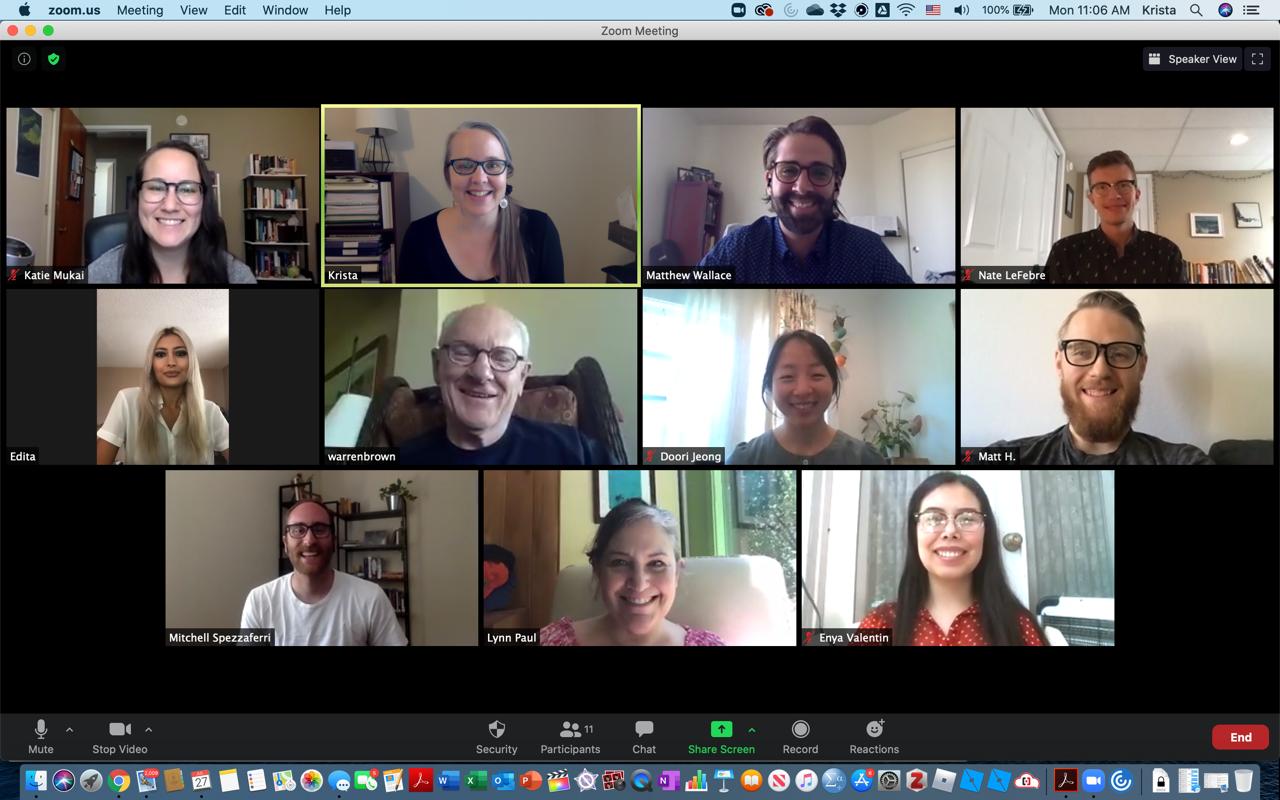
Faculty and Principal investigator
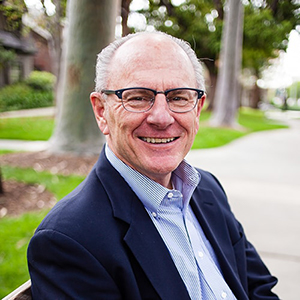
Warren S. Brown
Professor of Psychology and Director of Travis Research Institute
BA, POINT LOMA NAZARENE UNIVERSITY
MA, PHD, UNIVERSITY OF SOUTHERN CALIFORNIA
POSTDOCTORAL SCHOLAR, UCLA BRAIN RESEARCH INSTITUTE
EXTERNAL COLLABORATOR
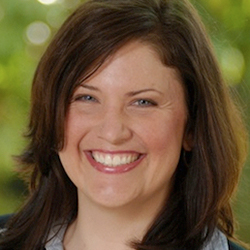
Lynn K. Paul, Ph.D.
Senior Research Scientist and Director, Caltech Psychological Assessment for Research Lab
Students
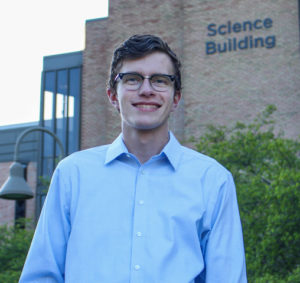
Nathan LeFebre, M.A. Nathan is pursuing a Ph.D. in Clinical Psychology with a neuropsychology specialization. His current research explores the perception of emotion and visual aesthetics in persons with agenesis of the corpus callosum. His prior research has examined performance and symptom validity assessment in persons with mTBI.
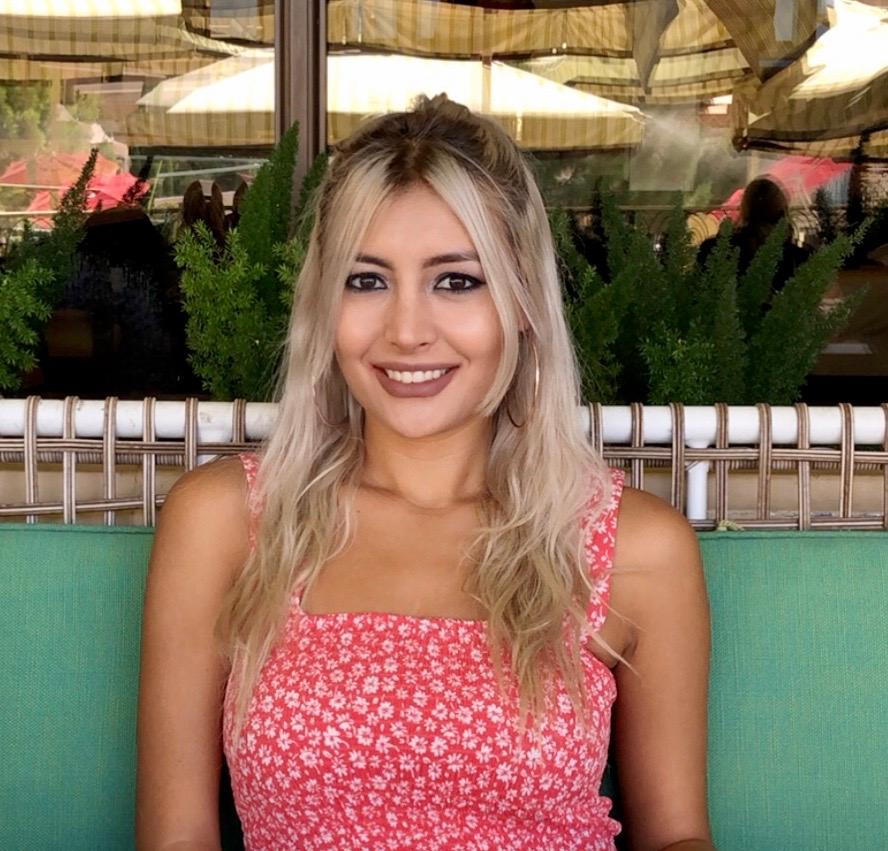
Edita Shahnazarian M.A. Edita is pursuing a Ph.D. in Clinical Psychology with a neuropsychology track. Her research interests include moral reasoning, particularly in individuals with agenesis of the corpus callosum. She has over six years of experience working in research labs at the University of California, Irvine and Fuller. She plans to work in the field of forensic psychology.
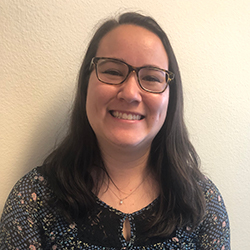
Katie Mukai, M.A. Katie is a Ph.D. candidate in Clinical Psychology in the neuropsychology track at Fuller. Her dissertation research is focused on exploring executive functioning in adults who have undergone childhood hemispherectomy to treat intractable seizures. She is currently completing her doctoral internship at the Southern Oregon VA.
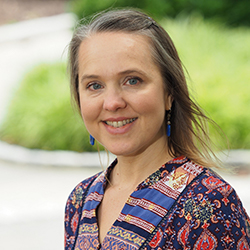
Krista Cowan, M.A. Krista is pursuing the Ph.D. in Clinical Psychology at Fuller, in the neuropsychology track. Her current research focuses on understanding emotional intelligence and emotional functioning in adults who underwent childhood hemispherectomy due to intractable seizures.
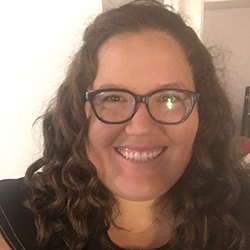
Ashley Vaillancourt, M.A. Ashley is a Ph.D. Candidate in Clinical Psychology. Ashley has been actively researching the psychosocial outcomes of agenesis of the corpus callosum and utilizes these findings as a moderator at the biennial National Organization of Disorders of the Corpus Callosum conference.
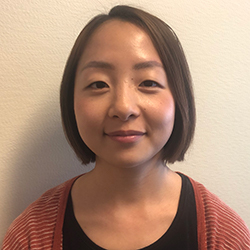
Doori Jeong, M.A. Doori is a Ph.D. Candidate in Clinical Psychology, in the Neuropsychology track. Doori has over five years of experience working in the cognitive neuroscience and pathology research lab. She has worked in a rehabilitation hospital and in neuropsychology assessment in private practice. She considers it a privilege to help people better understand themselves in order to maximize their strengths and potentials.
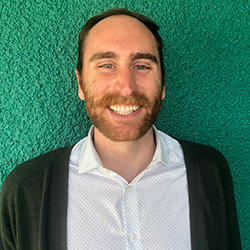
Mitchell Spezzaferri, M.A. Mitchell is pursuing a Ph.D. in Clinical Psychology with a neuropsychology track. He is interested in researching the ways social-cognitive information and emotions are processed in the brain, particularly among individuals who underwent hemispherectomy. He is also investigating moral emotions and moral decision-making strategies.
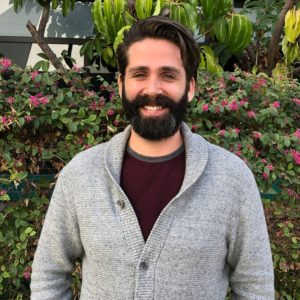
Matthew Wallace M.A. Matt is pursuing a Psy.D. in Clinical Psychology with a neuropsychology track. He is currently researching music's perception and emotional impact on those with AgCC. Music’s impact on the brain is a fascination of his. His interests also include epilepsy, cultural neuropsychology, and Liberation psychology.
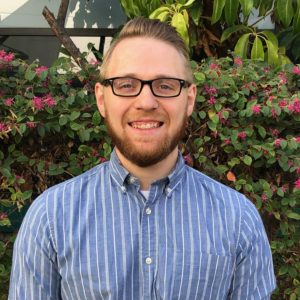
Matthew Hoard. Matt is pursuing a Ph.D. in Clinical Psychology with a neuropsychology track. His research interests include the functional impacts of agenesis of the corpus callosum on individuals.
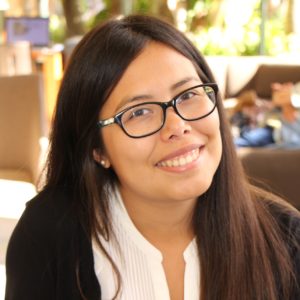
Enya Valentin, M.A. Enya is pursuing a Ph.D. in Clinical Psychology with a neuropsychology track. Enya has three years of prior research experience is in applied cognition. Her current research interest is using factor analyses of data to confirm or find potential new deficits to the core syndrome of agenesis of the corpus callosum.
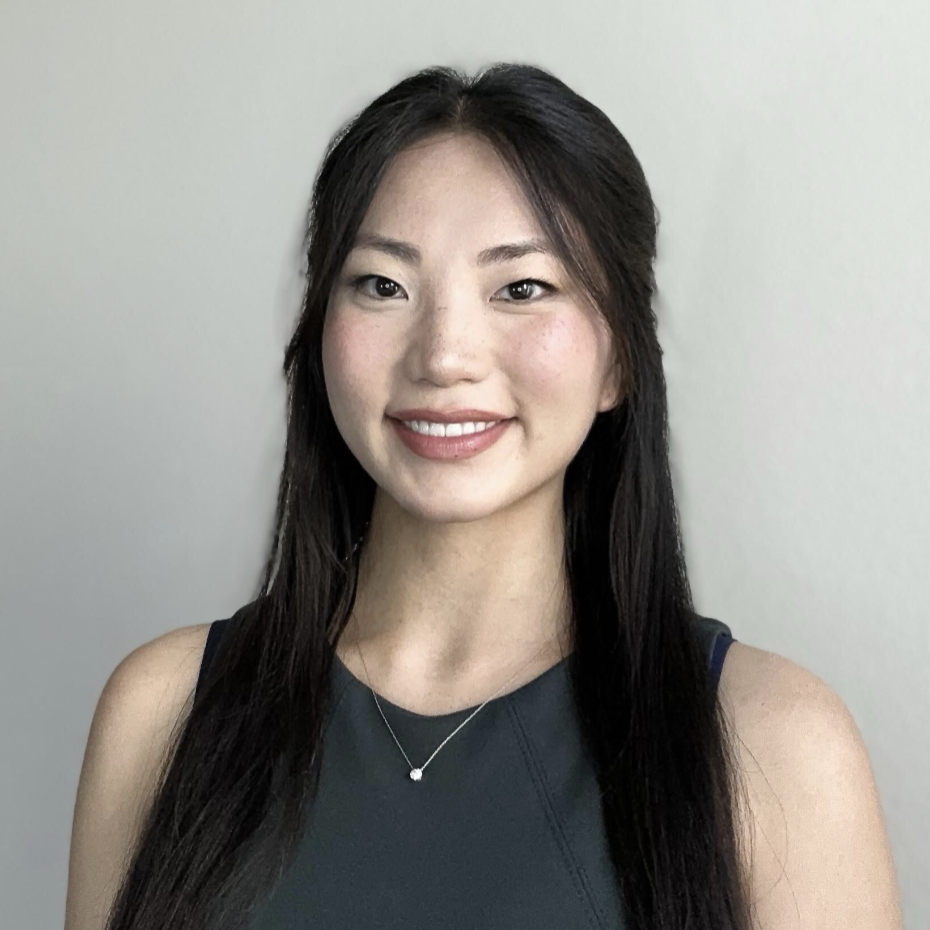
Jasmine Seo Yeong Park. Jasmine is pursuing a Ph.D. in Clinical Psychology, specializing in Neuropsychology. Currently, she is working with Dr. Lynn Paul at Caltech on her Thesis and Dissertation research projects, exploring emotional experiences in individuals with Agenesis of the Corpus Callosum and Autism Spectrum Disorder using eye-tracking and psychophysiological data. Additionally, Jasmine is the Research Fellow at Fuller Psychological and Family Services clinic, researching Feedback Informed Treatment to help improve outcome measures for clients and therapists.
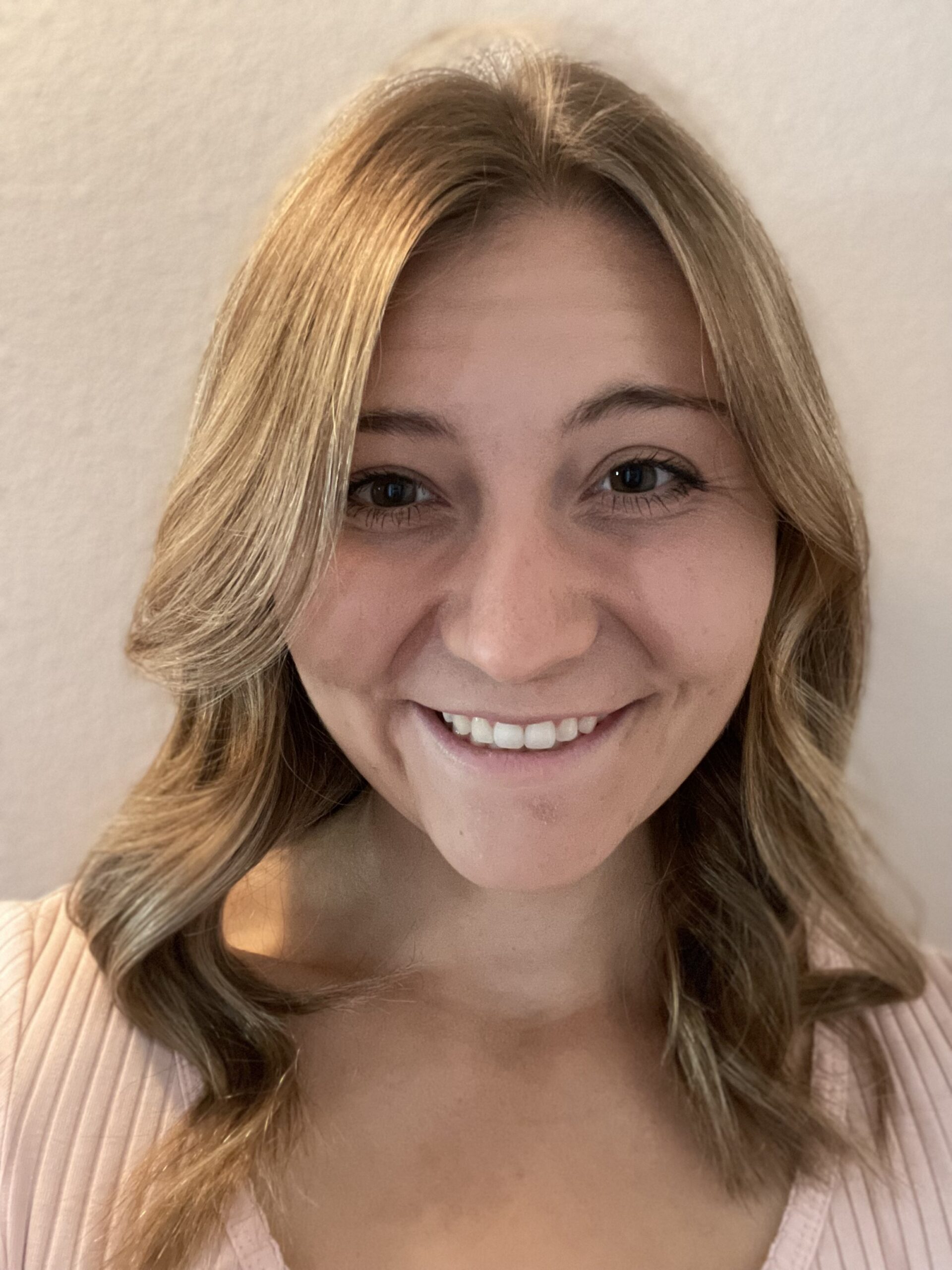
Kaitlyn Bennett: Kait is pursuing a Ph.D. in Clinical Psychology with a neuropsychology track. Her research is currently focused on empathy as it relates to individuals with Agenesis of the Corpus Callosum. Kait also enjoys running, coffee, and hiking in the mountains of Idaho.
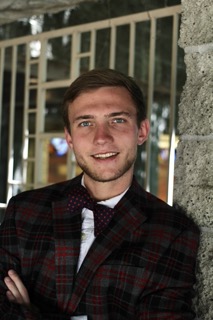
Kameron Rigg: Kameron is pursuing a Ph.D. in Clinical Psychology with a neuropsychology track. His research interests include agenesis of the corpus callosum in relation to music perception skills.
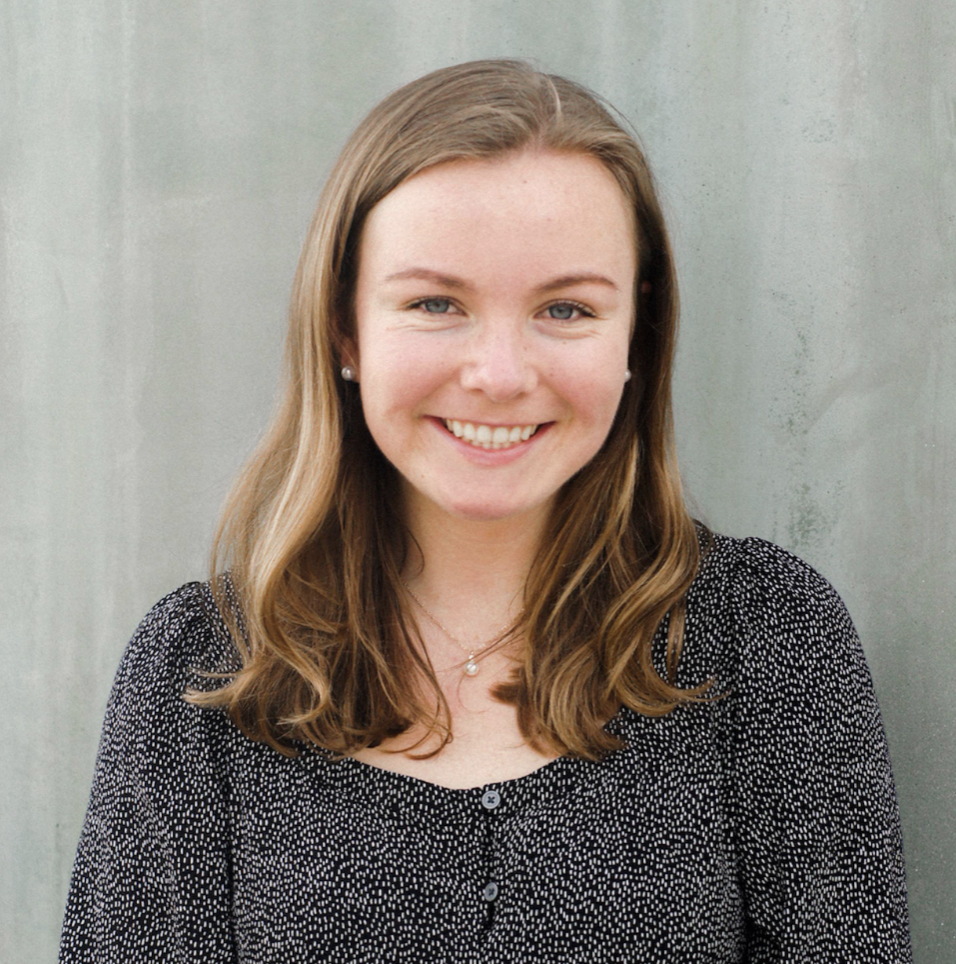
Allison Nobles: Allie is pursuing a PhD in Clinical Psychology on the neuropsychology track. Her current research interests include the learning and memory processes of children with Agenesis of the Corpus Callosum.
Recent Graduates
Katie Mukai, PhD 2022
Ashley Vaillancourt, PhD 2021
Cory Kowalski, PhD 2020
Kristina Moncrieffe, PsyD 2020
Tiffany Renteria-Vazquez, PhD 2019
Judy Su, PhD 2019
David Fly, PhD 2018
Skylar Hanna, PhD 2018
Amanda Panos, PhD 2018
External Collaborative Organizations (external links)
International Research Consortium on the Corpus Callosum and Cerebral Connectivity (IRC5)
An international consortium of researchers investigating disorders of the corpus callosum, as well as questions more generally related to interconnectivity in the cerebral cortex of humans and animals. Drs. Brown and Paul were founding board members.
Pediatric Epilepsy Surgery Alliance
An organization focused on understanding and improving the outcomes of hemispherectomy and the surgical treatments of epilepsy. Dr. Monika Jones of this organization has been directly involved in initiating and supporting the research of the HBCL on the outcomes of hemispherectomy.
CalTech Emotion and Cognition Lab
The primary lab of Dr. Lynn Paul and location for conduction of a part of the research on ACC and hemispherectomy, particularly work involving functional MRI.
National Organization for Disorders of the Corpus Callosum
The mission of this organization is to support individuals with ACC and their families. Members of the HBCL are significantly involved in the biannual meetings of NODCC. Drs. Brown and Paul were founding board members.

Contact Us
t. 626.584.5544
email: tri@fuller.edu
Staff
Jim Cummings, MDiv, MA
Research Administrator
jamescummings2@fuller.edu
Office Hours
Monday–Friday
8 am–5 pm
Address
Room 326
180 N. Oakland Ave
Pasadena, CA 91182
